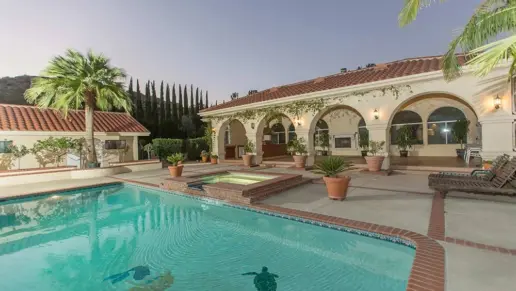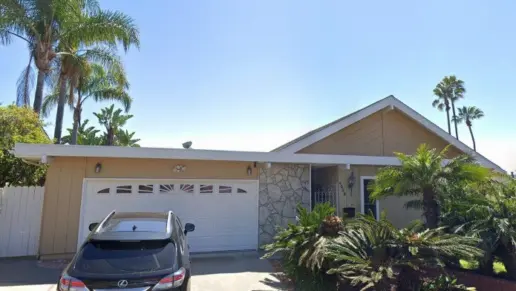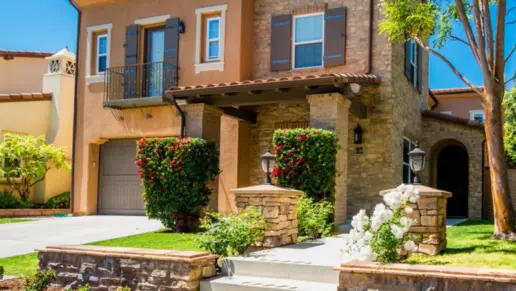About Gratitude Lodge-Drug & Alcohol Addiction Rehab Center Long Beach, CA
Gratitude Lodge is a drug rehab facility in Long Beach, California. The center offers treatment for substance use disorder, alcohol use disorder, opioid use disorder, and co-occurring mental and behavioral health disorders. Gratitude Lodge provides medication-assisted treatment (MAT), detox, inpatient treatment, intensive outpatient programs (IOPs), general outpatient programs (OPs), dual diagnosis treatment, case management, 12 Step programs, sober living facilities, and aftercare for adults.
Clients in MAT undergo an individualized evaluation for a customized treatment plan. Detox can consist of supervision to monitor withdrawal and stabilize mental and physical symptoms as clients prepare to transition into inpatient or outpatient programs. Benzodiazepine detox is available for up to two weeks, although most detox programs last seven to 10 days. Pet-friendly facilities may be available.
Gratitude Lodge offers 30 days of residential inpatient care for clients with acute conditions. Clients may engage in group or individual therapy, peer support, 12 Step programs, and holistic therapy based on cognitive behavioral therapy (CBT) and dialectical behavioral therapy (DBT). Clinicians are available 24/7. Facility amenities include beachfront property, shared living spaces, a full kitchen, and meals.
Clients receiving intensive outpatient care attend counseling and therapy for 12-15 hours per week. Gratitude Lodge offers additional treatment, such as holistic therapy, experiential therapy, psychoeducation, and relapse prevention.
Gratitude Lodge offers general outpatient care for clients who have less acute cases. Outpatient treatment consists of counseling and therapy a few hours per week as clients transition into independent sober living. Support services from the facility remain open and accessible for clients.
Clients may be eligible for sober living and residential housing, where they can retain independence while also receiving peer support throughout their outpatient care. Sober living includes career counseling and coaching, life skills development, and emotional wellness and relationship building. Clients may also be eligible for 12 Step programs and educational services. Sober living can last up to 90 days.
Gratitude Lodge provides continuous care and support through aftercare services. The facility also offers group therapy and crisis intervention through a hotline. Meetings can be held at the center’s pet-friendly locations. Referrals may also be available for additional specialized treatment at outside facilities.
Gratitude Lodge is accredited by The Joint Commission and the Commission on Accreditation of Rehabilitation Facilities and is LegitScript certified.
Gratitude Lodge is in-network with many PPO providers, including Aetna, Anthem, Beacon, Cigna, Highmark, and TRICARE. Gratitude Lodge also offers self-pay and financing options. Please check with your insurance provider for specific details concerning out-of-network benefits.
Latest Reviews
Rehab Score
Gallery

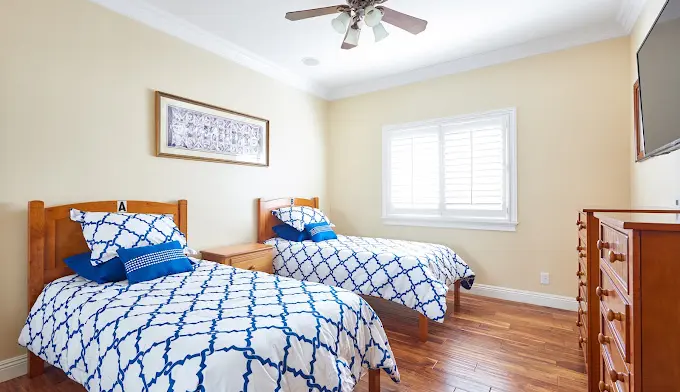
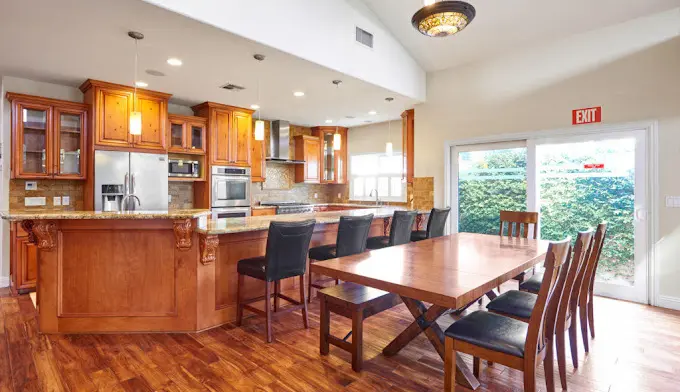
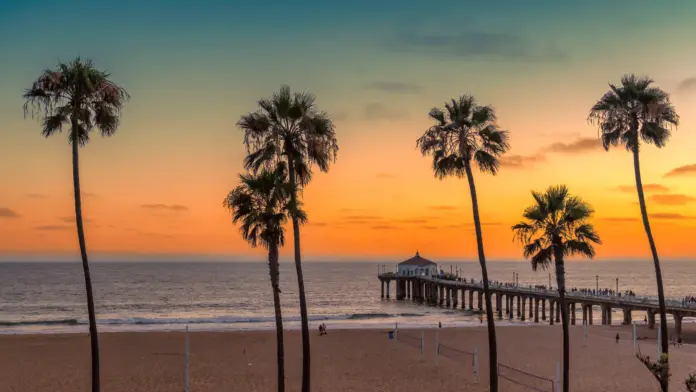
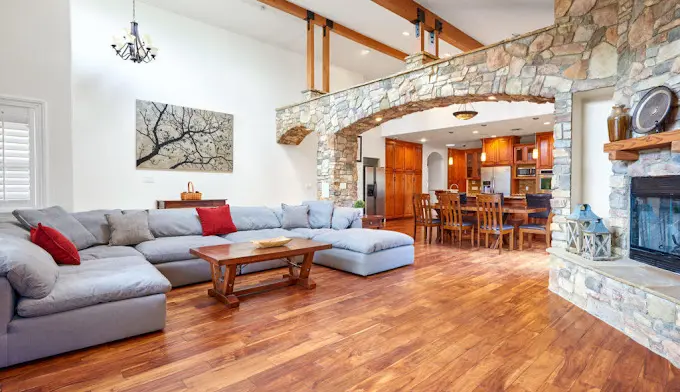
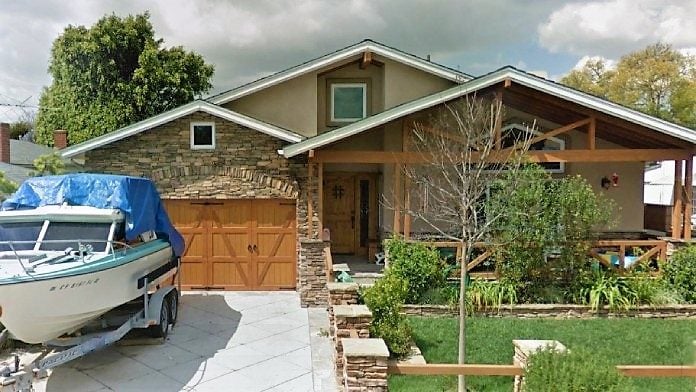
Location
Accepted Insurance
Other Forms of Payment
Private insurance refers to any kind of healthcare coverage that isn't from the state or federal government. This includes individual and family plans offered by an employer or purchased from the Insurance Marketplace. Every plan will have different requirements and out of pocket costs so be sure to get the full details before you start treatment.
Self-pay involves paying for treatment out of your own pocket. You can use savings or credit, get a personal loan, or receive help from family and friends to fund your treatment. If you don't have insurance or your insurance plan doesn't cover a specific program, self-pay can help ensure you still get the care you need.
Financial aid can take many forms. Centers may have grants or scholarships available to clients who meet eligibility requirements. Programs that receive SAMHSA grants may have financial aid available for those who need treatment as well. Grants and scholarships can help you pai for treatment without having to repay.
Medicare is a federal program that provides health insurance for those 65 and older. It also serves people under 65 with chronic and disabling health challenges. To use Medicare for addiction treatment you need to find a program that accepts Medicare and is in network with your plan. Out of pocket costs and preauthorization requirements vary, so always check with your provider.
Military members, veterans, and eligible dependents have access to specific insurance programs that help them get the care they need. TRICARE and VA insurance can help you access low cost or no cost addiction and mental health treatment. Programs that accept military insurance often have targeted treatment focused on the unique challenges military members, veterans, and their families face.
Medicaid is a state based program that helps lower-income individuals and families pay for healthcare. Medicaid covers addiction treatment so those enrolled can use their coverage to pay for rehab. When a program accepts Medicaid the client often pays very little or nothing out of their own pocket.
Addiction Treatments
Levels of Care
Programs




Clinical Services
Cognitive behavioral therapy in California is a method that therapists often use for the effective treatment of substance use disorders. It is based on the principle that substance abuse stems from unhelpful ways of thinking and patterns of behavior, which can be changed by helping the individual learn better ways of coping.
While participating in dialectical behavior therapy in California, you'll focus on four key areas of skill development: mindfulness, interpersonal effectiveness, emotion regulation, and distress tolerance. Treatment includes weekly individual and group sessions.
During group therapy, men and women learn to express their emotions openly in a non judgmental setting. This helps you process your feelings and reduces feelings of social isolation that are often associated with addiction.
Individual therapy for drug addiction includes a customized treatment plan that considers your history and life circumstances. During your therapy sessions, the therapist helps you uncover underlying issues and triggers for addictive behavior that support a holistic approach to recovery.
For clients who are struggling with ambivalence toward change, motivational interviewing in California can help strengthen their commitment to change. Using a conversational method, the therapist helps you explore your motivations and empowers you to make the changes you desire.
Trauma therapy is a structured approach used by therapists to help you heal from a past traumatic event. Your therapist works with you to identify the traumatic memory and process the information so you experience emotional healing and a sense of safety and stability.
Family therapy offers a platform for members to have an open dialogue about the challenges that addiction has placed on the family unit. Through guided sessions, therapists can help families develop healthy communication skills and address unresolved issues. By working together toward a common goal, they help to support their loved one's sobriety.
While in rehab treatment, you may work on developing various life skills to help you in long term recovery. These may include resilience, interpersonal skills, and self awareness. The focus will be on developing healthy habits for self care and relationships so you have the skills you need to manage day to day life.
Substances can prevent the absorption of nutrients and cause damage to your body's systems. Nutrition therapy in California addresses the deficiencies in vitamins and minerals that are caused by substance abuse.
Recreational therapy is included in alcohol and drug addiction treatment to focus on engaging you in healthy activities that reduce your cravings and improve your overall health and well being. When you participate in group sports, art, or nature walks, you develop new interests and find a meaningful way to spend your time and reduce your cravings.
The goal of creative arts therapy in California is to encourage growth and transformation. It can be used in individual and group settings with both children and adults. Options include movement, music, and painting.
The use of experiential therapy can be helpful for the treatment of behavioral disorders, including drug and alcohol addiction. This method teaches you how to release negative emotions and cope with pain from the past. Activities such as art, music, and animal care are used to facilitate this process.
Amenities
-
Private Transportation
-
Gym
-
Yoga Studio
-
Residential Setting
-
Private Rooms
-
Hiking
-
Walking Trails
Accreditations

The Substance Abuse and Mental Health Services Administration (SAMHSA) is a branch of the U.S. Department of Health and Human Services. Established in 1992 by congress, SAMHSA's mission is to reduce the impact of substance abuse and mental illness on American's communities.
SAMHSA Listed: Yes

The Commission on Accreditation of Rehabilitation Facilities (CARF) is a non-profit organization that specifically accredits rehab organizations. Founded in 1966, CARF's, mission is to help service providers like rehab facilities maintain high standards of care.
CARF Accreditation: Yes

LegitScript has reviewed Gratitude Lodge-Drug & Alcohol Addiction Rehab Center Long Beach, CA as part of their certification program, and has determined that it meets the LegitScript standards for legality, safety and transparency.
LegitScript verified in

State Licenses are permits issued by government agencies that allow rehab organizations to conduct business legally within a certain geographical area. Typically, the kind of program a rehab facility offers, along with its physical location, determines which licenses are required to operate legally.
State License: California

The Joint Commission, formerly known as JCAHO, is a nonprofit organization that accredits rehab organizations and programs. Founded in 1951, the Joint Commision's mission is to improve the quality of patient care and demonstrating the quality of patient care.
Joint Commission Accreditation: Yes
Contact Information
3849 Chatwin Ave
Long Beach, CA 90808





